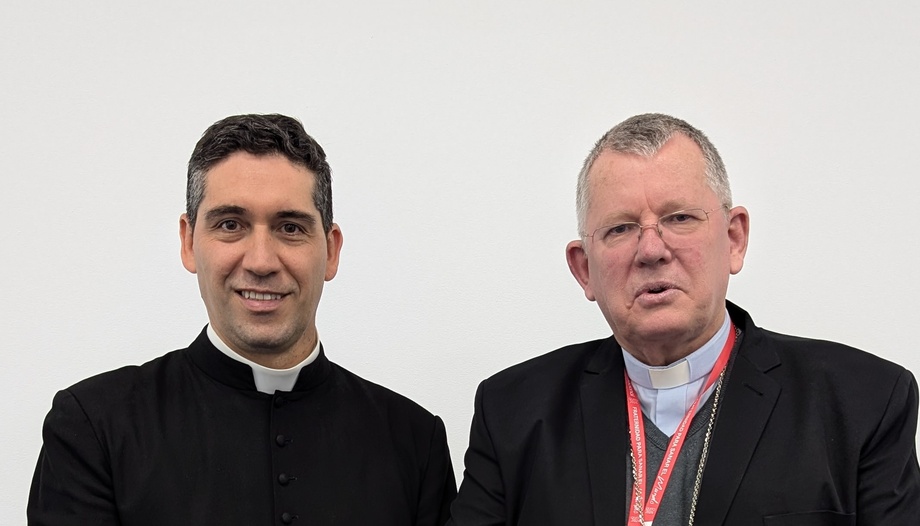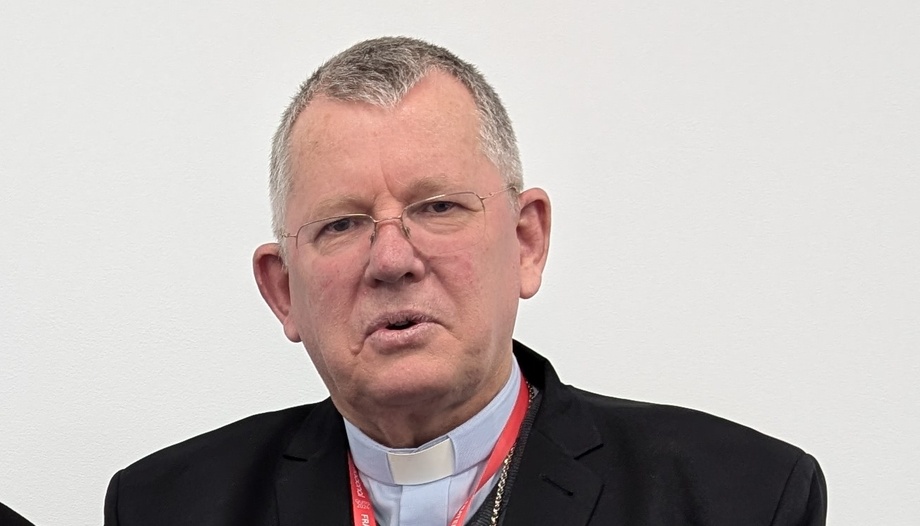Bishop Spengler described the work of CELAM as fundamental for coordinating and promoting communion among the various bishops' conferences of Latin America and the Caribbean, with the aim of helping the local churches through advice on formation, research and communication.
The CELAMbased in Bogota, acts as a bridge between the local churches and the universal Church, offering support in key areas: Communication, Knowledge Management, Training and Action Networks.
The Center for Pastoral Action Programs and Networks is responsible for services related to ministry, missionary discipleship and other specific pastoral activities, which are integrated into the area of the outgoing synodal Church.
The Cebitepal Training Center trains clergy, religious and lay people, and centers dedicated to research and communication, seeking to articulate the social, economic and pastoral challenges facing the continent.
The role of CELAM in synodality
At a key moment for the worldwide Church, marked by the synodal process promoted by Pope Francis, Bishop Spengler delved into the three levels of this process, which he considers essential for the Latin American Church:
1. The People of God
"Synodality starts from an essential premise: listening to everyone," Bishop Spengler explained. The synodal process begins with active listening to the communities, to all the baptized, to those who, in their daily lives, seek to live the faith and build stronger communities.
For CELAM, this first step is crucial because the voices of the faithful represent a wealth of experiences that reflect the challenges, joys and hopes of the Church in Latin America. CELAM facilitates this listening through its study centers, which make it possible to gather the pastoral and social realities of the continent.
2. The Bishops
The next level of the synodal process is the work of discernment by the bishops. "After listening to everyone, it is up to some to discern and articulate what the Holy Spirit is saying to the Church," Bishop Spengler noted.
CELAM plays an essential role in coordinating the bishops' conferences, helping them to interpret and respond to the challenges facing their respective regions. Bishop Spengler underscored the importance of episcopal communion, where bishops, in collegiality, not only listen to their communities, but also support each other in the search for pastoral solutions.
3. The Pope
Finally, "this process reaches Peter," Bishop Spengler emphasized. The Holy Father, as head of the universal Church, is the one who has the unique mission of guiding the whole Church towards truth and unity. Bishop Spengler explained that CELAM, by facilitating this synodal process in Latin America, helps the voices of the continent to reach Rome in an articulate and coherent manner.
"The Pope shows us the way according to the Gospel, and we as pastors must accompany our communities in this process of discernment," he added.
CELAM's current challenges
Bishop Spengler also addressed the challenges facing CELAM in the coming years. One of the biggest challenges is to consolidate the recent internal restructuring of the organization, carried out at the request of Pope Francis, with the aim of making it more efficient and closer to local realities. "CELAM has gone through a major restructuring, and our mission is to ensure that this change strengthens communion and service among the churches of the continent," he explained.
Political and social crisis on the continent
Bishop Spengler also referred to the external challenges facing the Church in Latin America, especially the political, economic and social crises. "Today, in Latin America, as in many parts of the world, we are experiencing a crisis of democracies. Political polarization and economic inequality profoundly affect the life of our communities," he said.
For Bishop Spengler, synodality and communion within the Church are a model that can inspire solutions in a continent that urgently needs reconciliation and fraternity.
Formation and evangelization
Another important challenge is the strengthening of formation and evangelization in a changing cultural context. Cebitepal, as a formation center, seeks not only to educate clergy and laity in doctrine, but also to train them to be effective witnesses in their communities.
"We want to form pastors who can face the challenges of a globalized and fragmented world," emphasized Bishop Spengler. He also referred to the need for a deeper and more creative evangelization that responds to contemporary problems based on faith, but also on a profound understanding of social reality.

Strengthening the testimony of communion
Finally, Bishop Spengler expressed his desire that communion within the Church be a witness that transcends ecclesial walls and reaches the whole of society.
"The witness of communion among us can be a beacon of hope for a world suffering from divisions," he said. For him, synodality is not only an internal exercise of the Church, but also a tool to promote peace and fraternity in a continent facing deep crises.








